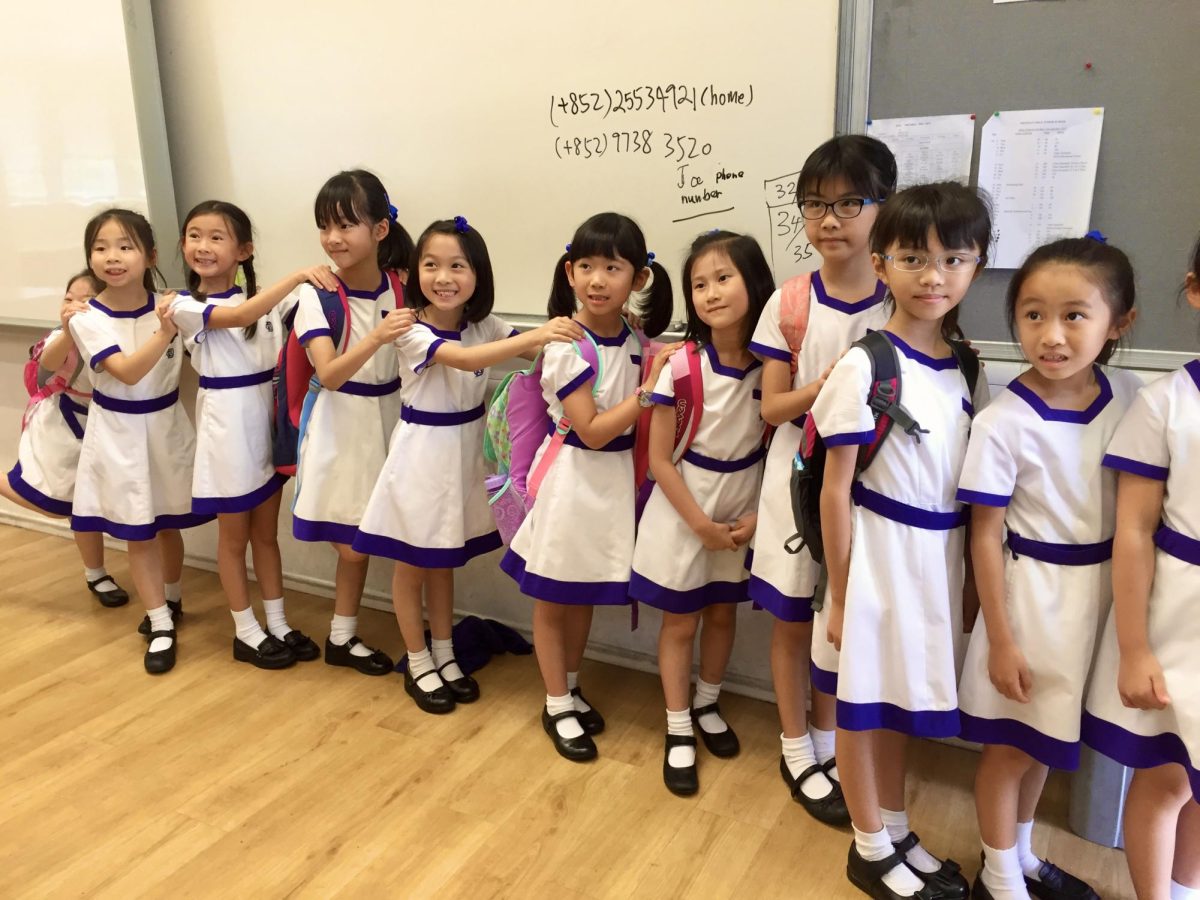Catching Fire is the second book of Suzanne Collins’ trilogy “The Hunger Games.” After its release as a major film production on Nov. 22, 2013, it has attracted a wide array of judgments, criticism and praise for its powerful female lead and inverted use of gender roles.
Katniss Everdeen was raised in the war-torn, dystopian society of Panem, which was built upon the ruins of failed rebellion, a new empire reborn. Subsequent to the revolution, the empire was divided into 12 districts, all members of a totalitarian nation ruled by the oppressive Capitol.
As an assertion of their total control, the “Hunger Games” were enacted to serve as a “reminder to the rebels that even the strongest among them cannot overcome the power of the Capitol.” It was decreed that two tributes from each district—one young man and one young woman— would be trained to fight to the death. Katniss participated in the 74th Hunger Games—her iconic presence and acts of defiance against the Capitol led the subjects of Panem to view her as a beacon of hope and the face of the new rebellion.
There is no question that Katniss Everdeen is the newest female icon for the film industry. Her strong and powerful presence serves as an impetus for the rebellion. She takes on the role of the provider, the survivor, the celebrity, and the rebel. Katniss single-handedly defies the gender norms imposed upon the female population. She is desirable, yet fails to fall victim to swooning male characters.
But Katniss is not only a feminist character because she kills people with an arrow and causes the downfall of an entire society. It’s also because she embraces her feminine strength while supporting and encouraging other women to find their own. In Panem gender roles are not reversed, rather the notion of equality is heightened. The oppressive nature of this totalitarian society encourages the masses to bond. Citizens put their gender and racial differences aside and divert their focus to the “real enemy.”
The Hunger Games trilogy does not only offer a feminist appeal, but an imperialistic critique. The social hierarchy present under this regime is so incredibly distinct that the Capitol appears incoherently disconnected from its reined districts. There is no establishment of a national identity or universal connection. Each district has a certain quality that distinguishes them from the rest. But while the districts differ in identity and character, they are united by their common enemy—the Capitol.
And thus presents the ultimate question: is equality intangible within the realm of our democracy? Is the presence of a controlling and oppressive body necessary for women to be perceived as equals? The answer is no.
The last book of Collins’ trilogy, “Mockingjay,” marks the emergence of a new society born from the downfall of the Capitol—one with Katniss as the hesitant leader. So perhaps war and rebellion are necessary for equality.
In most modern-day societies, war was integral in forming the progressive state present today. Do we denounce pacifism and strive for violence? What steps do we take to ensure equal rights among the male and female populations?
Maybe the odds aren’t in women’s favor.
Featured Image: Hunger Games movie poster. Source: Vehura Deviantart Wallpaper.





![Freshman Milan Earl and sophomore Lucy Kaplan sit with their grandparents at Archer’s annual Grandparents and Special Friends Day Friday, March 15. The event took place over three 75-minute sessions. “[I hope my grandparents] gain an understanding about what I do, Kaplan said, because I know they ask a lot of questions and can sort of see what I do in school and what the experience is like to be here.](https://archeroracle.org/wp-content/uploads/2024/03/grandparents-day-option-2-1200x800.jpg)



















































